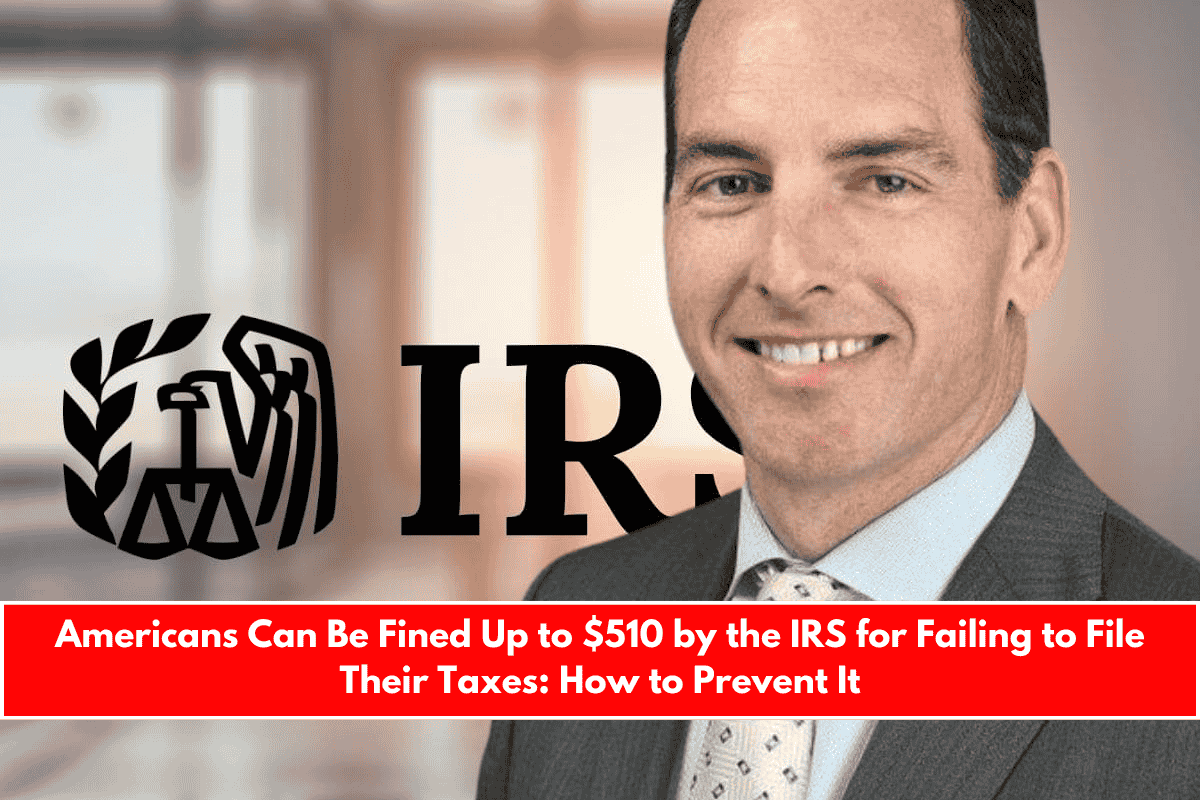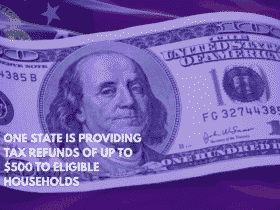Filing your taxes is something every working person or business in the U.S. must do each year. But many people forget or delay filing, thinking it’s not a big deal.
The truth is, missing the tax deadline can lead to serious problems—like big fines, added interest, and even legal trouble. Whether you’re an employee, freelancer, or business owner, knowing the rules about tax filing can help you avoid stress and save money.
Who Needs to File Taxes?
In the U.S., most people who earn income must file a federal tax return. This includes:
- Employees
- Freelancers and gig workers
- People who earn money from rent or investments
- Business owners, including sole proprietors, partnerships, and corporations
The IRS (Internal Revenue Service) sets a minimum income limit each year. If your income is above that limit, you must file. The exact amount depends on your age and filing status (like single, married, etc.).
Types of Businesses That Must File
All types of businesses must file a tax return, including:
- C Corporations – File using Form 1120
- S Corporations – File using Form 1120-S
- Partnerships – File using Form 1065
- Sole Proprietors – File using Form 1040 with Schedule C
Even if your business didn’t earn much or made a loss, you still have to file on time to avoid penalties.

What Are the Penalties for Filing Late?
If you don’t file your tax return by the deadline, the IRS can charge you a penalty of 5% of the unpaid tax per month, up to a maximum of 25%. The longer you delay, the more you’ll owe. If you’re more than 60 days late, there’s also a minimum penalty, depending on the year:
- After Dec 31, 2024: $510
- 2024: $485
- 2023: $450
- 2020–2022: $435
- 2018–2019: $210
These fines are based on how much tax you owe. If you filed but didn’t pay, there’s a separate penalty for not paying—but the IRS reduces the total so you’re not double charged at full rates.
How to Avoid or Reduce IRS Penalties
Getting hit with a penalty isn’t the end of the world—you have options. Here’s what you can do:
- File on Time – Even if you can’t pay the full amount, filing stops late-filing penalties.
- Request an Extension – This gives you more time to file, but not to pay.
- Ask for Penalty Relief – If you have a good reason, like a serious illness or natural disaster, you can request to cancel or reduce the penalty.
- Set Up a Payment Plan – If you can’t pay in full, the IRS may let you pay in monthly installments.
- Dispute the Penalty – If you think the penalty is a mistake, you can send a letter and documents to explain why.
The IRS will review your case, especially if you’ve been a good taxpayer in the past.
Missing your tax filing deadline can be costly, but it’s avoidable. Always try to file your tax return on time, even if you can’t pay right away. Filing on time helps you avoid large penalties and opens up more ways to fix the issue if you owe money.
If you ever get a penalty, don’t ignore it—contact the IRS, explain your situation, and find a solution that works for you. Staying informed and taking action early is the best way to protect your money and avoid trouble with the IRS.














Leave a Reply